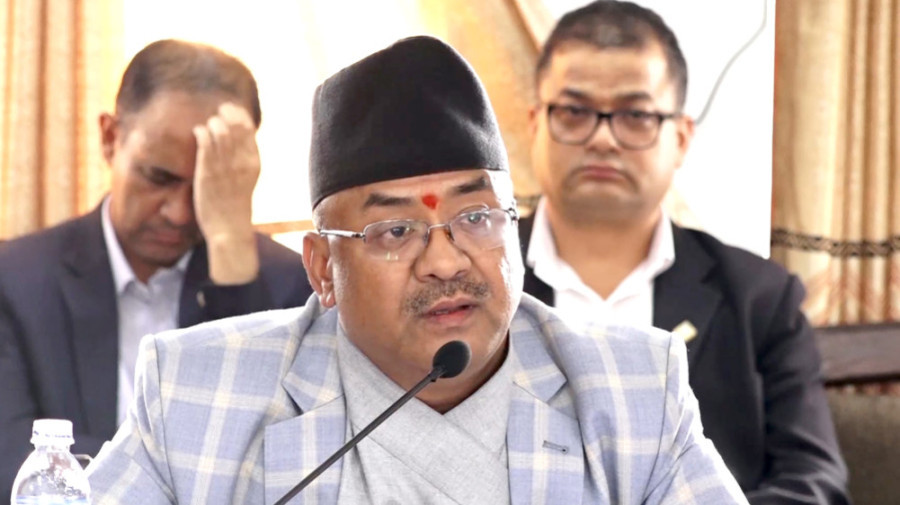Editorial
Make it better
Parliamentary hearing has gotten a bad rap. Rather than ditch it, it should be made more effective.
The Parliamentary Hearing Committee on Monday rejected the Constitutional Council’s nomination of Krishna Man Pradhan as election commissioner. Rights bodies, media and common folks had been closely following the committee’s deliberations. They were trying to gauge whether the committee would endorse the nominee who had been accused by a woman of years of sexual exploitation. Appearing before the committee, the woman narrated how Pradhan had sexually abused her and why he was morally unfit to hold a respectable constitutional position. After listening to the woman and interrogating the nominee, the joint panel of the federal parliament finally rejected Pradhan for the position.
Of course, you could argue that the panel had it easy as Pradhan had already pulled out of the race to be the commissioner when he realised that the woman had a strong case against him. Yet that would be a simplistic reading. The reason Pradhan pulled out was the intense scrutiny that the parliamentary hearing process had put him under. There are differing views on the relevance of parliamentary hearings in Nepal. The Constitutional Council, which picks the officials for constitutional bodies, is an all-powerful entity headed by the prime minister and comprising Speaker, National Assembly chair, chief justice, leader of the main opposition and deputy speaker. It involves not only heads of executive, legislative and judiciary but also that of the opposition party. So, one argument is that a person picked by such a powerful entity need not again be vetted by a parliamentary committee.
But, historically, top leaders in the council are guided mainly by the ethos of political bhagbanda (sharing of seats). Its decisions have often courted controversy. It would often happen that when a member of the council didn’t get to pick those close to them, the member would be absent from the council meeting, thus hindering its functioning. In 2020, when KP Sharma Oli was prime minister during his second term, he even changed the provisions of the Constitutional Council Act, just so he could make over four dozen appointments including heads and members of several constitutional bodies. The decision couldn’t be crosschecked at the hearing committee as Oli had already dissolved the House of Representatives. Lawyers challenged the move in the court but the issue is still sub-judice.
It is only in a rare case that the House committee rejects the council’s recommendation. Pradhan’s rejection however is not the first. If the House wasn’t in session, Pradhan’s recommendation would have automatically been passed and he would have by now become an election commissioner. It is because the committee has a system to seek complaints, if any, from the public about the nominee that a victim could reach out to the lawmakers and inform them about his wrongdoings. Thus a wrong man has been stopped from holding an important position.
The committee however over the years failed to gain public trust as it is seen as no more than a rubber-stamp of powerful leaders. It should be able to dispel such beliefs by taking more bold decisions. The goal, as some argue, should not be to do away with the parliamentary hearing altogether. It should rather be to make the process so effective that the council would think many times before making questionable recommendations.




 13.12°C Kathmandu
13.12°C Kathmandu














